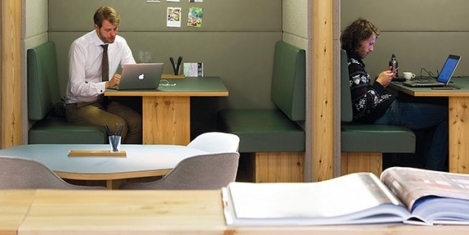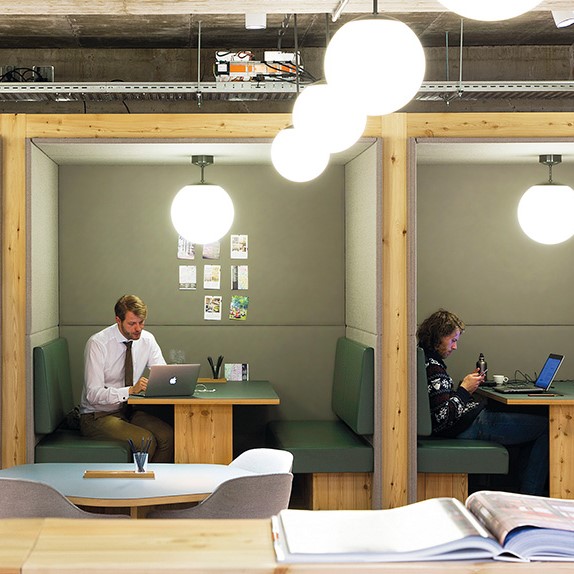January 28, 2015
Employers over-estimate levels of staff happiness and engagement
 Nearly half (46%) of employers believe their company is a great place to work compared with less than a third (31%) of staff, and UK staff have alarmingly low energy levels, a new survey has revealed. The data from MetLife’s UK Employee Benefits Trends Survey shows how highly employers rate recruitment and retention. Forty percent of UK companies say they will be affected by talent shortages over the next year and their key benefits challenges are retaining (41%) and hiring talent (37%). However, the greatest recruitment and retention challenge is the gap between employer and employee views. Although 32 percent of employees say they are loyal to their employer – just 22 percent believe their employer is loyal to them. In contrast 39 percent of employers’ believe their employees are loyal and 40 percent believe they are loyal to employees.
Nearly half (46%) of employers believe their company is a great place to work compared with less than a third (31%) of staff, and UK staff have alarmingly low energy levels, a new survey has revealed. The data from MetLife’s UK Employee Benefits Trends Survey shows how highly employers rate recruitment and retention. Forty percent of UK companies say they will be affected by talent shortages over the next year and their key benefits challenges are retaining (41%) and hiring talent (37%). However, the greatest recruitment and retention challenge is the gap between employer and employee views. Although 32 percent of employees say they are loyal to their employer – just 22 percent believe their employer is loyal to them. In contrast 39 percent of employers’ believe their employees are loyal and 40 percent believe they are loyal to employees.


























March 21, 2014
Why work should be a key focus in improving our happiness
by Jessica Pryce-Jones • Comment, Flexible working, Workplace
The iOpener Institute for People & Performance is an official partner of the UN International Day of Happiness, which took place this week. Here, iOpener’s Joint CEOs Jessica Pryce-Jones & Julia Lindsay explain why work should be a key focus of improving happiness. The UN International Day of Happiness is designed to recognize that ‘progress’ is about increasing human happiness and wellbeing as well as growing the economy. The UN’s focus this year is on ‘reclaiming happiness’. The origins of the day lie in the July 2011 UN General Assembly resolution which recognized happiness as a fundamental human goal. In April 2012 the first ever UN conference on Happiness took place. On the back of this, they designated 20th March as an annual worldwide focus on celebrating and growing happiness. (more…)